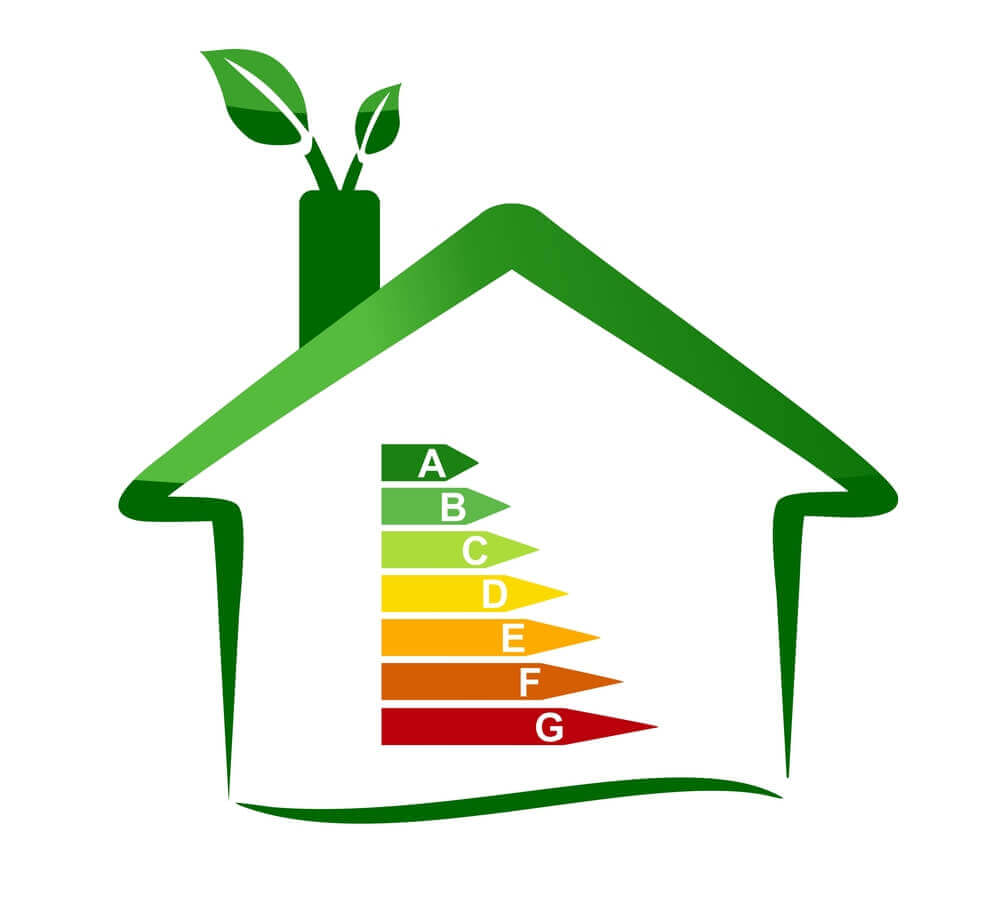
Maxim Manturov, Head of Investment Advice at Freedom Finance Europe explores the misunderstanding facing the 5G market, its uses and potential value to investors
The 5G market is projected to be worth $65 billion (£53.6 billion) by 2026, and by 2024, there will be over a billion global 5G subscribers. While the 5G sector has been impacted by scepticism after years of hype, there is likely to be a new phase of competition in niche 5G strategies and local markets as major telecoms companies forecast significant prospects for the mass market.
Public networks are not yet capable of delivering the ultra-high speeds and short latency that 5G promises, and as a result, the industry is trending towards private networks. However, as leaders of cutting edge technology and solutions, telcos are looking to the future – and at the significant potential of creating 5G networks for the public.
Across the globe, telecoms companies and governments alike are looking at ways to introduce effective 5G solutions into their existing infrastructure or creating new options. Currently, China is the current leader in 5G capabilities. As of Q1 2022, 5G coverage by number of subscribers is highest in Hong Kong, according to OpenSignal. However, by 2025, it is expected that half of major Western European countries will have access to 5G.
Telecoms companies to watch
There are a number of telecom companies globally that are scaling up 5G operations and as a result, are likely to attract investment. Companies among the top 10 patent holders of 5G technology, including Huawei (13.5%), Qualcomm (10%), Samsung Electronics (10%), ZTE (9.8%) and LG (9%) are also worth taking note of. Huawei (#002502) is in fact leading the way with the greatest number of 5G technology patent applications, with an overall share of 13.5%, versus Intel, which is at the bottom of the list with 1.47%.
Huawei reported that revenue for the first half of 2022 fell 5.9% year-on-year to 301.6 billion yuan ($44.8 billion) and net profit margin fell to 5% from 9.8% a year ago. However, Huawei’s 5G business segment is showing strong growth even in overseas markets. The company has signed more than 5,000 5G commercial contracts in its home market, Hungary, Thailand, South Africa, Saudi Arabia and the United Arab Emirates, to help companies build 5G infrastructure.
Indian telecoms company Reliance Jio, whose investors include Facebook and Google, spent $11 billion (£9.9 billion) in a 5G spectrum auction, beating out competitors in a race to dominate next-generation digital services in the country of 1.4 billion people.
Reliance Jio has around 400 million subscribers and a 37% market share, according to analysts at Jefferies. Taking the lead in the 5G race will only strengthen the company’s position and create additional growth opportunities. The company’s chairman Mukesh Ambani has announced that he will be making a gift to the nation in the form of launching Jio’s 5G network in key cities, including in Delhi, Mumbai, Chennai and Kolkata, for Diwali. By December 2023, the company plans to have 5G network coverage across India.
The current state of play
According to Ericsson, the number of mobile 5G users worldwide was 217 million in 2020, 664 million in 2021, could reach 1.2 billion in 2022 and 4.4 billion by 2027.
In the current challenging global environment, with economies slowing and recession looming, 5G technology will grow and be widely deployed. When applied on a large scale in the manufacturing sector, 5G will further the growth of smart operations and Internet of Things (IoT) solutions that can significantly reduce energy and people power consumption.
It’s also likely that 5G will make an impact in the healthcare and telemedicine sectors. For example, in China, 70% of patients have to travel to cities from nearby provinces to access quality healthcare. 5G can make it easier for people who are less mobile to interact with their physicians. The concept of smart cities may also be realised with the full-scale implementation of 5G, vastly improving connectivity to benefit people in cities both on foot and in transit.
While a great deal of investment is needed to realise the potential of 5G on a global scale, it is highly likely that the key telecom industry players will be the ones to realise this – unlocking potential for individuals and investors everywhere.





















